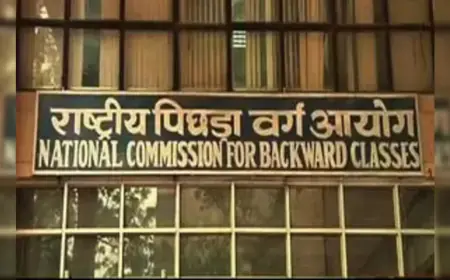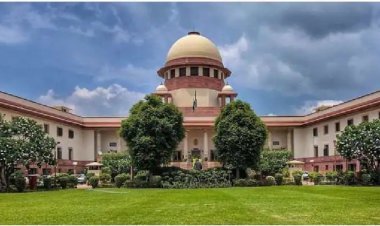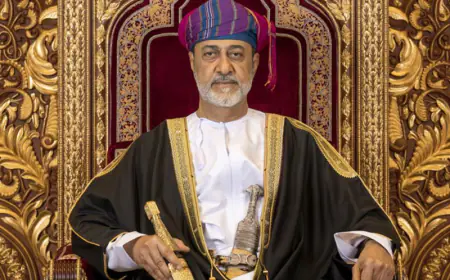Know who will be the successor of Padma Vibhushan Ratan Tata, handling the empire of 3800 crores
Ratan Tata Successor: Former Tata Group Chairman Padma Vibhushan Ratan Tata has left an indelible mark on the country in the business sector of India. Ratan Tata passed away on Wednesday night. He was 86 years old. He breathed his last at Breach Candy Hospital in Mumbai. The assets of the Tata Group are estimated to be around 3800 crores. Now the big question is who will be the successor of his huge empire?

Padma Vibhushan Ratan Tata, the honored industrialist and head of Tata Sons, died on Wednesday evening at the age of 86. At Mumbai's Breach Candy Hospital, he passed away. Perhaps the issue of Ratan Tata's successor would not have come up if he had any children.
In addition, a long list of names appears on the list of people who will take over the Tata group's responsibilities following Ratan Tata's exit. In the lead is Ratan Tata's stepbrother, Noel Tata. Both Noel Tata and the younger Tata generation will bear the burden of the Tata Group's responsibilities.
The so-called new generation of Tatas comprises Lia, Maya, and Neville children of Ratan Tata's half-brother Noel Naval Tata. They too are trying to make their presence felt within the Tata Group, steadily rising up the company ladder like other professionals.
The eldest, Lia Tata, has a master's in marketing from IE Business School in Madrid, Spain. Lia joined the group in 2006 as assistant sales manager at Taj Hotels Resorts & Palaces, and is currently a vice-president at The Indian Hotels Company Ltd., or IHCL, moving up the ranks through successive assignments.
Younger daughter Maya Tata has started her career at Tata Capital as an analyst at the group's flagship financial services company. Her brother Neville Tata, too, started his professional journey at Trent, the retail chain his father helped build. Neville is married to Manasi Kirloskar, heiress to the Toyota Kirloskar Group.
In 1991, when his uncle JRD Tata retired, he took over the leadership of the group. It was then an extremely opportune time in India as the country launched radical reforms to open its economy to the world and kick off an era of high growth.
One of his early moves was an attempt by Ratan Tata to contain the emergence of powerful heads for some of the group companies. He introduced retirement age, promoted younger people to senior positions, and increased control over the companies.
For Latest News update Subscribe to Sangri Today's Broadcast channels on Google News | Telegram | WhatsApp
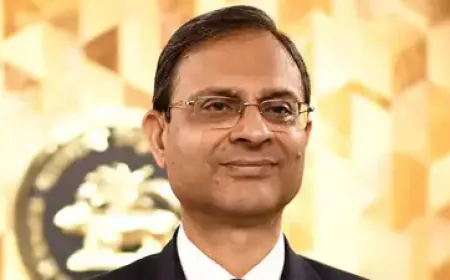


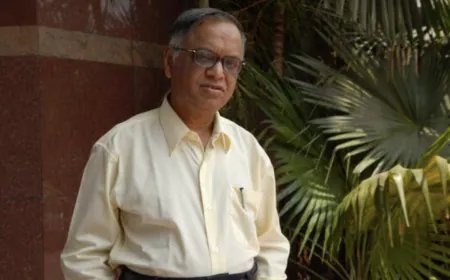






























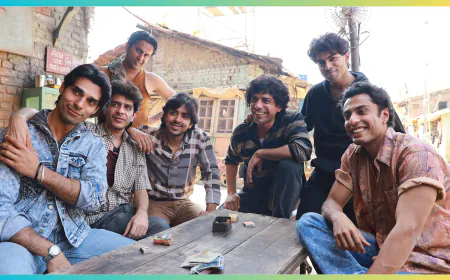


.jpeg)








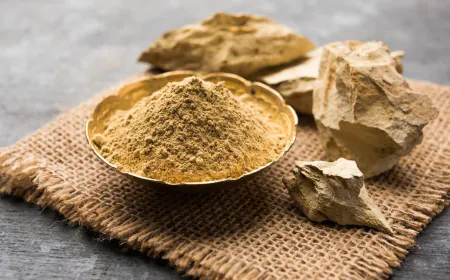

















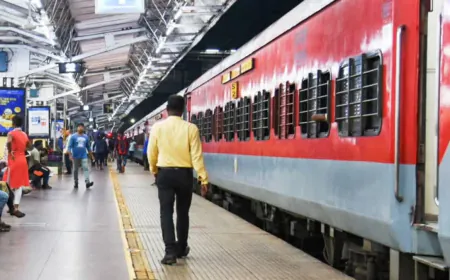














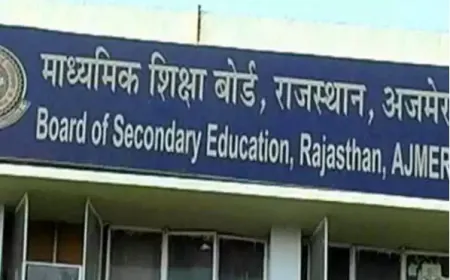
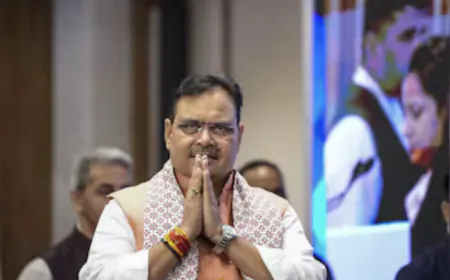

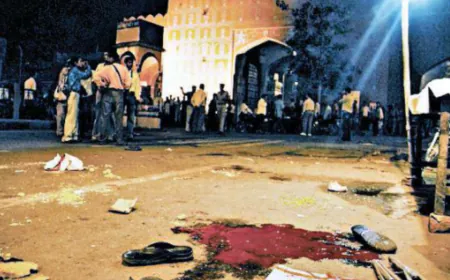
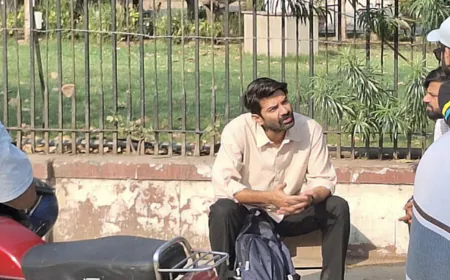










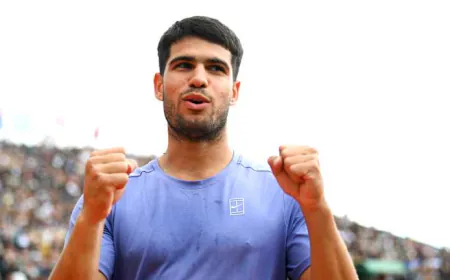
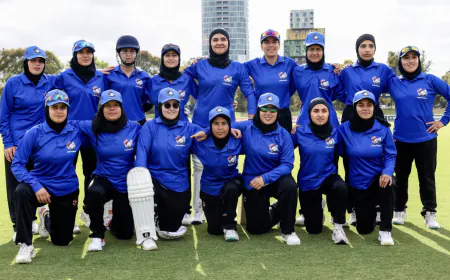
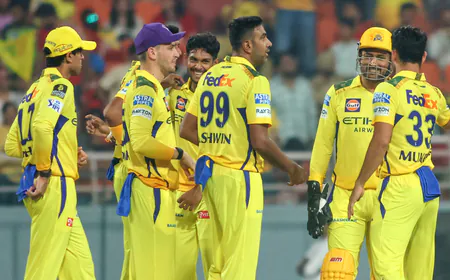
















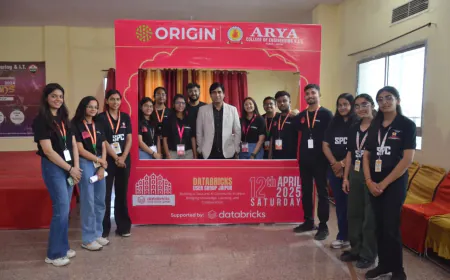


.jpeg)


